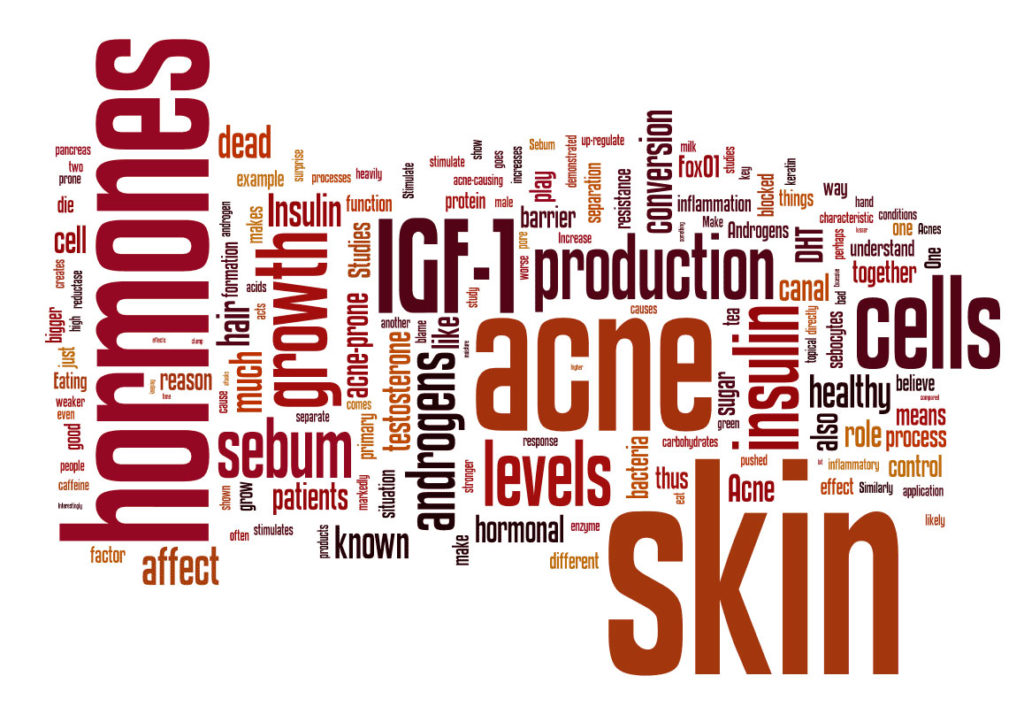Hello, health enthusiasts, and welcome to another enlightening blog by Dr Kathleen and the team! Today, we’re setting sail on a fascinating voyage through the world of digestive health during perimenopause and menopause. We’ll unravel why digestive concerns become more prevalent during this time, explore the intriguing relationship between hormones and gut flora, and share natural ways to support your digestive system. But that’s not all—stay tuned as we introduce the Complete Microbiome Mapping Profile and how it has the potential to revolutionise your wellness journey. Let’s embark on this adventure!
Why Digestive Concerns in Perimenopause and Menopause?
Picture this: you’re sailing smoothly through life when suddenly, digestive concerns crop up during perimenopause and menopause. What’s going on? Here’s why:
- Hormonal Rollercoaster: Hormonal fluctuations during perimenopause and menopause can affect your digestive system. Oestrogen, in particular, plays a pivotal role in gut health. When its levels drop, it can lead to digestive challenges.
- Gut Flora Shift: Hormonal changes can also impact your gut flora—the trillions of microorganisms living in your intestines. The delicate balance of these microbes can be disrupted, affecting digestion and overall gut health.
The Estrobolome Connection
Enter the estrobolome—a fascinating part of your gut microbiome responsible for metabolising oestrogen. When your estrobolome is out of whack, it can lead to hormone imbalances, further exacerbating digestive issues. It’s a complex interplay of hormones and microbes!
Natural Ways to Support Digestive Health
Now, let’s explore some natural ways to foster a happy, balanced digestive system:
- Fibre-rich diet: Incorporate plenty of fibre-rich foods like fruits, vegetables, and whole grains to support a healthy gut.
- Probiotics: Consider taking probiotic supplements or consuming probiotic-rich foods like yoghurt and kefir to replenish beneficial gut bacteria.
- Prebiotics: These are food for your good gut bacteria. Enjoy foods like garlic, onions, and asparagus to nourish your microbiome.
- Mindful Eating: Slow down, savour your meals, and be mindful of portion sizes to aid digestion.
- Stress Management: Practice stress-reduction techniques like yoga or meditation, as stress can negatively impact your gut.
The Complete Microbiome Mapping Profile
At Dr. Kathleen & Team, we’re thrilled to work with the Complete Microbiome Mapping Profile—a revolutionary tool for exploring your gut’s microbiome. This advanced stool test (collected from the convenience of your home) goes beyond standard gut testing, providing comprehensive insights into your microbiome’s composition and function.
What It Covers:
- Identification of key microbial species.
- Assessment of microbial diversity.
- Insights into potential imbalances.
- Functional analysis of your gut microbiome and integrity of your gut lining and mucousal layer of your gut which when thin may promote increased food sensitivities and lowered immune system response to pathogens.
How It Can Help You:
- Customise dietary recommendations.
- Tailor nutritional supplementation.
- Support hormone balance and gut health.
- Address digestive concerns with precision.
Perimenopause and menopause bring about transformative changes, including shifts in digestive health. But with the right knowledge and support from Dr. Kathleen & Team, you can confidently navigate this journey.
Stay tuned for more exciting insights and wellness tips. Remember, your gut health is your foundation for overall well-being, and we’re here to help you achieve vibrant health from the inside out!
Disclaimer: The information provided in this blog is for educational purposes only and should not replace professional medical advice. Always consult with a healthcare provider for personalised recommendations.



